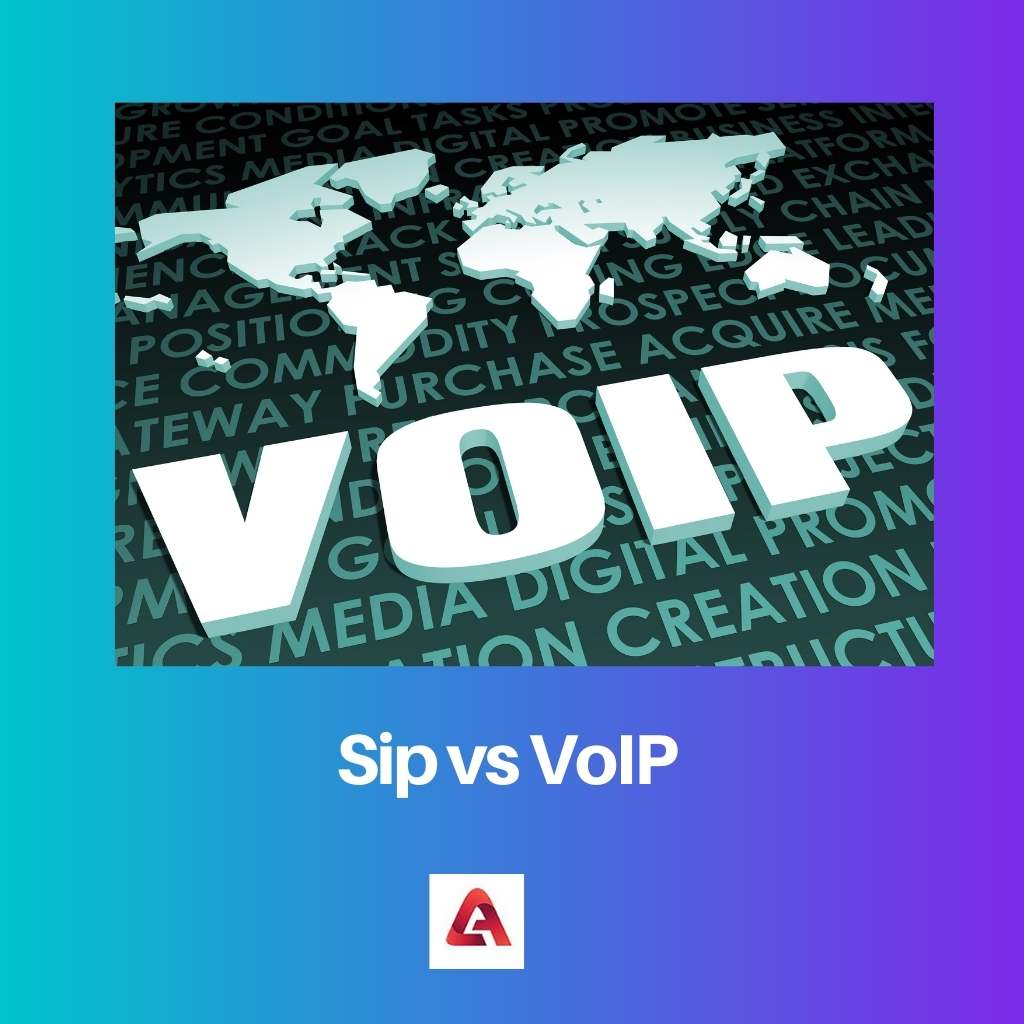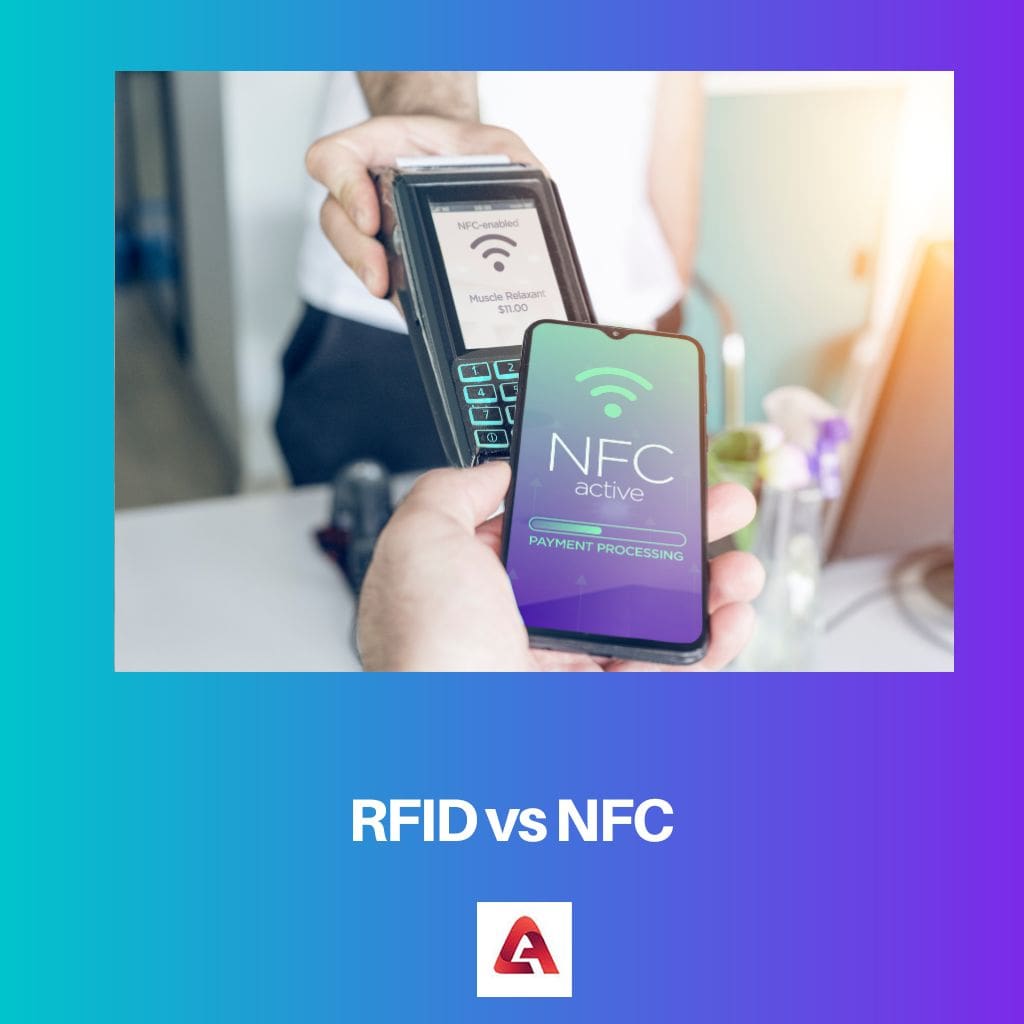If one is to say that this is the world of technology and we are living in it, it won’t be an exaggerating comment upon today’s scenario.
It is almost impossible for one to survive without knowing the whats and hows of technology.
Sip and VoIP are two such technological tools that enable people to have smooth and hassle-free communication and conversation on the internet and the web.
Although these two are very different from one another and it is very crucial to know the differences between these two.
Key Takeaways
- SIP (Session Initiation Protocol) establishes, maintains, and terminates multimedia communication sessions.
- VoIP (Voice over Internet Protocol) enables voice communication over the Internet.
- SIP is a signalling protocol used within VoIP systems to facilitate communication.
Sip vs VoIP
SIP (Session Initiation Protocol) is a signaling protocol used to establish, modify, and terminate communication sessions between two or more endpoints, such as phones conferencing systems. VoIP (Voice over Internet Protocol) is a technology that allows for voice communication over the internet.

The term Sip stands for Session Initiation Protocol, and it basically shows the method that is used under the umbrella figure of VoIP.
This system is present over the internet as a monitoring factor, and it takes care of how the calls are being made and if they need to be ended.
It somehow encompasses the lesser scope, and that’s why it holds less significance as compared to VoIP.
On the other hand, the term VoIP represents Voice over IP and basically implies a system that is used upon the internet to make sure that the calls being made upon the internet are being transferred to the right network at the right time.
It involves many systems such as Sip and many more and therefore holds prime significance.
Comparison Table
| Parameters of Comparison | Sip | VoIP |
|---|---|---|
| Meaning | It is a system over the internet to take control over the transmission of calls that are being made. | It is a system that focuses upon the making of calls over the internet. |
| Full form | Session initiation protocol | Voice over IP |
| Purpose | To govern and manage the system that allows the users to make a call over the internet. | To make it possible to have called over the internet. |
| Affects | All varieties of media | Calls and messages only |
| Types of devices | All types of devices | Devices that are connected to the internet only |
| Compatibility | With all devices | With devices that are connected to the internet |
What is Sip?
The term Sip is used as an acronym for Session initiation protocol and represents a very gem of a system of the world of the internet.
It basically represents a system where it is possible to manage and monitor calls and messages that are being conducted over the internet or over the web.
A very distinguishing feature of this protocol is that not only it can be used on internet-enabled devices, but also on devices that are still using the traditional technologies such as LTE sim or VOLTE enabled sim.
In order to apply it over the actual applications, this system syncs itself with other similar systems and brings in the technology to the actual use.
In the year 1999, this system was designed by some people, namely- Mark Handley, Henning Schulz Rinne, Eve Schooler, and Jonathan Rosenberg.
The reason why this particular program was developed was that there was a need for a supporting program for all other IP-based communications.
What is VoIP?
VoIP is a term that basically represents an acronym for Voice over IP. Sometimes it is also known by the name of IP telephony.
In simple words, it denotes a technological tool that not just makes it possible for internet users to practice calls and messages without having to use a sim but also protects these communications over the internet.
VoIP is a relatively broader term and shows that there are many small systems working under this system to make it a successful one.
This program creates a single network for all the internet-based calls, even if they are being created with wi-fi or mobile data. It supports everything.
However, a major challenge with this system is the reliability it offers. For some people, this system renders be very less reliable as compared to traditional systems, and this is because of the data privacy techniques that are attached to this program.
Although this system has very protective layers of three consecutive tools, still it somehow fails to deliver the exact service.
Main Differences Between Sip and VoIP
- Sip is a system to have a system of making calls and messages controlled, while VoIP is a system to make calls and messages possible.
- While Sip stands for session initiation protocol, VoIP stands for voice over IP.
- While Sip manages all the calls and communicatory material that is present over the internet while VoIP is the technology that makes it possible to have calls and other things over the internet.
- Sip affects all kinds of devices, while VoIP affects all those devices that have an internet connection.
- Sip manages all kinds of media, but VoIP manages calls and messages only.




